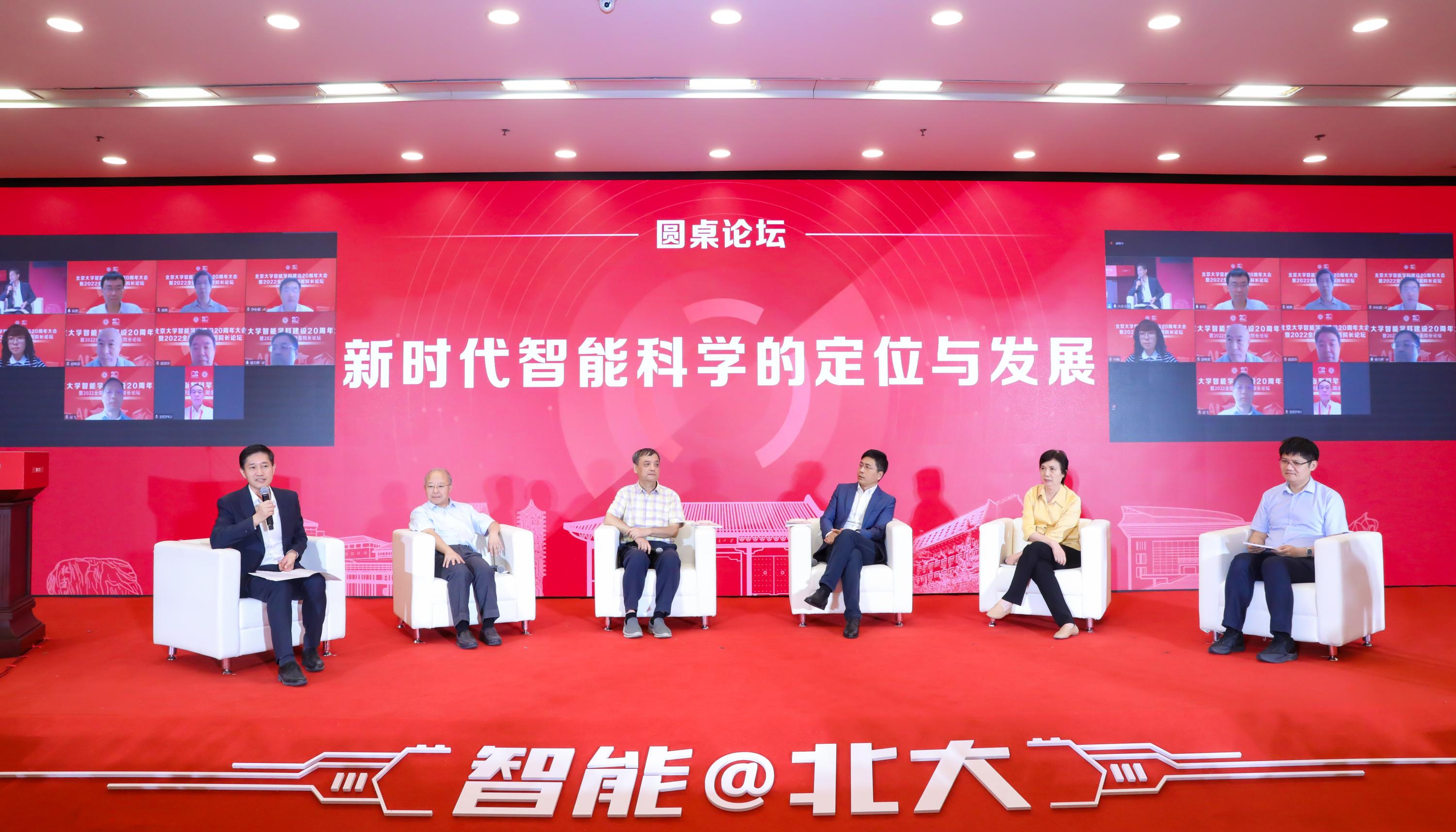In 2002, Peking University established the first Department of Intelligence Science in China, pioneering the establishment of the Intelligence Science and Technology program. On September 13, 2022, the Ministry of Education released the "Graduate Education Disciplinary Catalog (2022)", officially recognizing Intelligence Science and Technology as a first-level discipline in the field of interdisciplinary studies. To better grasp the opportunities of the times, clarify the development path of the intelligence discipline, and improve the talent development system in the field of intelligence science, the 2022 National AI Deans Forum was held on September 17 in Beijing.

Songchun Zhu, the Dean of Peking University's School of Intelligence Science and Technology, delivered a keynote speech on the topic of "Frontiers and Prospects of Intelligence Science." He pointed out that since the end of the last century, "symbol grounding" and "common-sense acquisition" have been two lingering "dark clouds" hovering over the field of artificial intelligence. How to interpret various phenomena of intelligence? How will the discipline of intelligence science develop in the future? By reviewing the history and current status of artificial intelligence, Songchun Zhu presented the disciplinary trend analysis that "the transformation from weak artificial intelligence to general artificial intelligence is an inevitable path for the development of artificial intelligence." Zhu Songchun believes that there are three major trends in the future development of artificial intelligence: the intersection, integration, and unification of six areas including computer vision, multi-agent systems, robotics, machine learning, cognitive reasoning, and natural language understanding; the intersection, upgrading, and exploration of intelligence disciplines with disciplines in liberal arts, science, engineering, and medicine; the collision between artificial intelligence and humanities and social sciences, as well as the governance issues of the intelligent society where humans and machines coexist in the future.
Nanning Zheng, a member of the Chinese Academy of Engineering and the President of the Chinese Association of Automation, gave a keynote speech on the construction of the artificial intelligence discipline. He pointed out that current artificial intelligence faces exponentially complex tasks, such as the relationship between common sense and intuition, emotional creation and imagination. "A discipline with problems has vitality," and the approach to solving the problems currently faced by artificial intelligence is to return to the fields of brain cognition and neuroscience and draw inspirations and insights from the human brain and wisdom.
Under the theme of "The Positioning and Development of Intelligence Science in the New Era," leaders from intelligence science-related colleges and institutions from Tsinghua University, Beijing Normal University, Jilin University, Beihang University, Zhejiang University, Southern University of Science and Technology, and Huazhong University of Science and Technology conducted discussions both online and offline on topics such as the connotation and extension of the intelligence discipline, the disciplinary system, the differences between intelligence science and computer science, intelligence disciplines in various universities, and how intelligence schools and research institutes can collaborate and develop.
The forum was hosted by Peking University and co-organized by ACM China, the Professional Committee of Education of the Chinese Association for Artificial Intelligence, and the Beijing Institute for General Artificial Intelligence. It was undertaken by Peking University's School of Intelligence Science and Technology, Peking University's Institute for Artificial Intelligence, and Peking University's Wangxuan Institute of Computer Technology.



